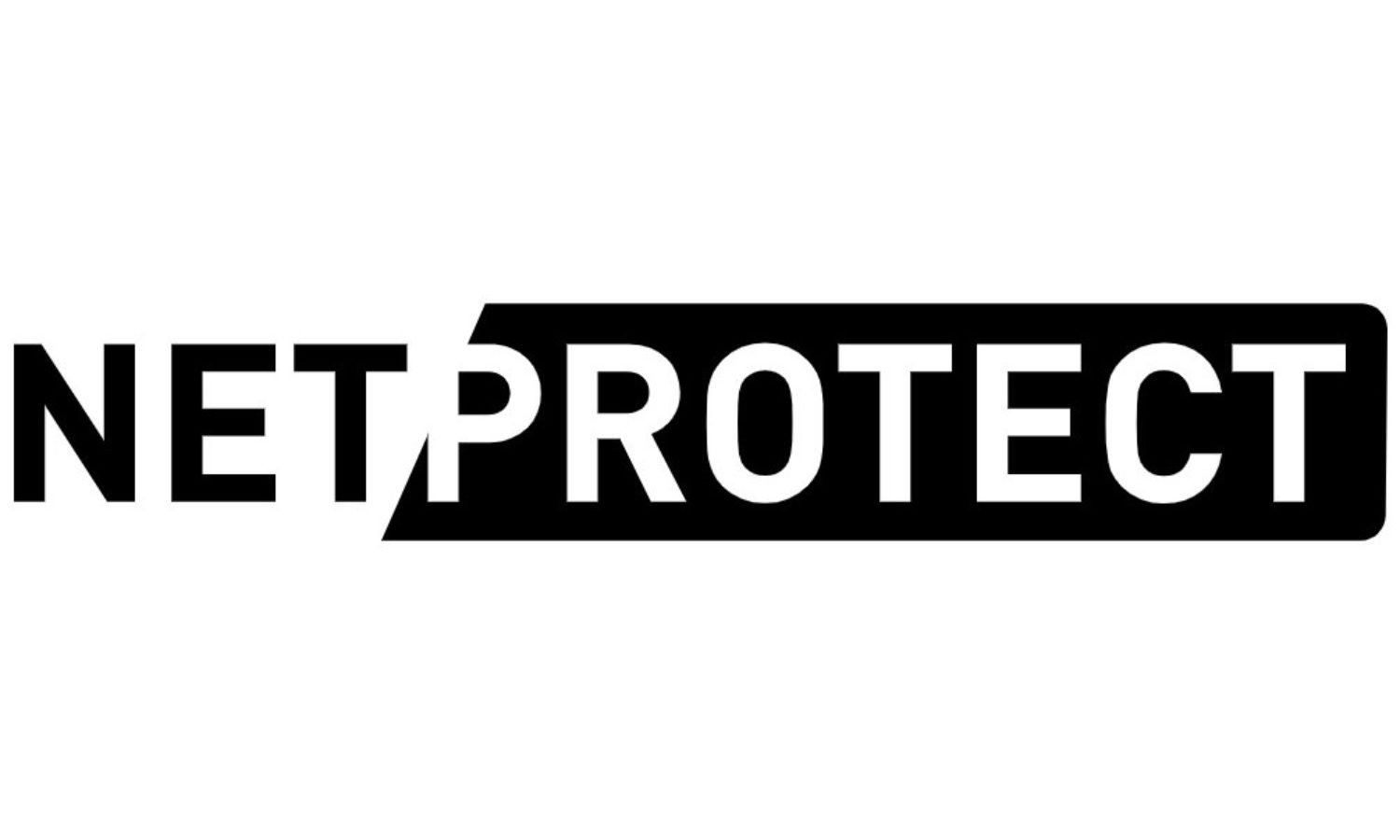i2Coalition Member Spotlight: NetProtect
The J2 Global portfolio of brands—worth $4 billion—not only includes various well-known digital media properties such as IGN, Mashable, and PCMag, but also many quickly growing cloud services in the VPN space under the NetProtect brand which was recently bolstered with the acquisition of SaferVPN.
NetProtect is one of the newest members of the i2Coalition. This gave us the chance to talk about the world of VPNs with Terry Myers, Product Owner of J2 brand Encrypt.me, and Nick Nelson, J2 Global General Manager of Consumer Privacy & Protection.
David Hamilton (i2C): For those unfamiliar with j2 Global, NetProtect, and the associated brands, can you give us a little background?
Terry Myers: J2 Global is the parent company of NetProtect, under which there are cybersecurity and VPN brands including VPN brands Encrypt.me, StrongVPN, SaferVPN, IPVanish, and WLVPN. WLVPN is a white-label service that lets businesses provide their own VPN services – and which powers over 100 businesses and 10 million VPN users globally.
WLVPN might be most interesting to i2Coalition members because it allows hosting providers to go out and sell their own VPN solution without having to dial out the infrastructure or create their own app.
Nick Nelson: WLVPN is our white label VPN platform, so we have apps that are ready to go for hosting partners – but it can be other businesses other than hosts. They can customize it or we can customize it for them. This lets them launch a VPN in unusually no more than a few months worldwide, and get into the privacy market. We provide Turn-key, an API for usage tracking, we provide all the servers hosted throughout the world, and they just distribute the application. It integrates with WHMCS so typically it’s pretty much turn-key.
There are plenty of VPNs out there that maybe don’t have the same dedication to privacy that we have, so when you go with a white-label partner you’re exposing yourself to their privacy rules. You’re only as secure as your partner infrastructure.
DH: VPNs might be seen as a newer segment of the Internet infrastructure industry. Where do you see this new drive to spur discussions around VPNs and create standards in relation to services that feel older like web hosting?
TM: We have the same privacy concerns. At the end of the day, a server is a server: whether the government wants to get into a hosting server or a VPN server, they can. From a privacy point of view, we see our end users come to us to encrypt their communications on public Wifi which is a little different than what a typical hosting company.
Most governments don’t understand VPN, and if they do, they think about it either as a corporate VPN or as a way to break the law; they don’t think of that middle ground of people just wanting to stay safe on public Wifi, and that sort of thing.
DH: And it’s also important to note that VPNs don’t all work under the same rules and best practices.
TM: Having a unified voice around best practices is important to us whether it’s what we do with logging or what we do with customer privacy. Yes, not every VPN company is wholesome, but that’s true in any industry. We want to be able to create principles that we would expect the members to abide by and really come at it with a united front. J2 Global’s entry into the VPN market through acquisition is recent, but its commitment is not a temporary thing. They truly believe a VPN should be a key part of the infrastructure of the Internet going forward, so that’s why we wanted to get together with other like-minded people who also believe in the importance of privacy and security.
NN: For us, it’s been privacy-first. We’re based in the US—we’re going to follow those rules but we’re also going to do exactly what we need to do to protect the user’s privacy. Privacy’s becoming more of an issue with GDPR and everything else as well, so it’s a good time to speak about privacy.
DH: Given the global nature of the Internet, VPNs must work across different jurisdictions, and may be viewed very differently between countries. How much of a concern is international policy in relation to VPNs?
TM: VPNs are very international – we’re very familiar with the US environment, and staying in tune with other members in different countries and continents is very important to know what’s happening there and driving the VPN industry forward as a whole. There’s still low penetration of VPNs around the world, and VPNs provide such an important role circumventing government censorship and protecting activists and journalists. As a unified voice, we can speak about those things. For instance, if a country blocks social media, i2Coaltion helps to provide a singular voice to address why you need VPNs and these are the ones you should go to for circumventing government censorship.

